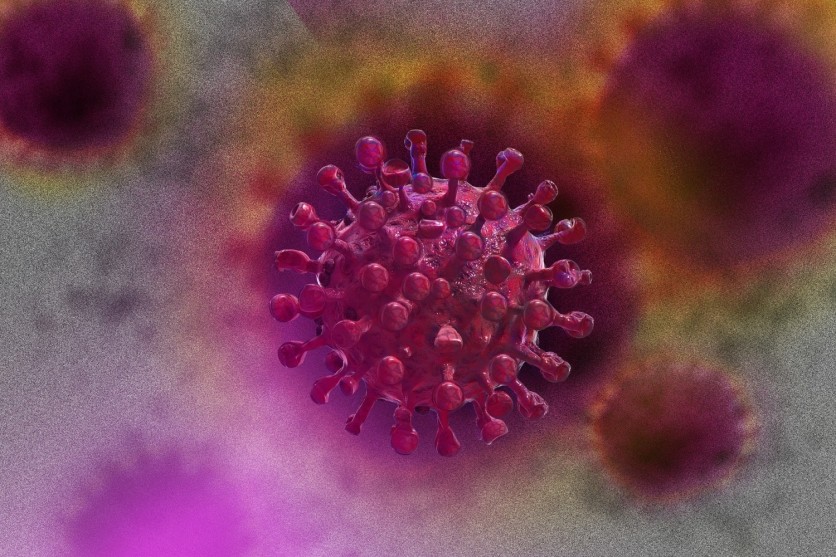Scientists around the world are still racing against the clock to find, develop, and mass produce a coronavirus vaccine that could save the remaining population that hasn't been infected with COVID-19 yet, and it seems like another possible vaccine has been found.

Coronavirus and Rubella Virus Similarities
According to a report by the Daily Mail, a group of scientists from Cambridge University believes that the measles, mumps, and rubella virus (MMR) vaccine could help save people from severe coronavirus complications.
The experts believe the vaccine is a possible candidate after noticing that the SARS-CoV-2 virus, or the novel coronavirus, is quite similar to the rubella virus.
The head researcher, Professor Robin Franklin, and Dr. Yorgo Modis said that the structural similarities between the novel coronavirus and the rubella virus are one proof that the vaccine could work against COVID-19.
When the team analyzed both viruses, they found out that the coronavirus and paramyxoviruses, of which rubella is a specific type, are 29% identical and that there are "known similarities" between them.
Read Also : Disinfectant-Related Calls Have Spiked Amid the Coronavirus Pandemic, Poison Control Centers Say
Partly Fighting Off COVID-19
Due to the similarity, someone who has had the MMR vaccine before could partly fight off the COVID-19 virus and why they are less likely to get "cytokine storm," or an immune system overdrive.
Without the body's defense system acting crazy, complications such as severe pneumonia and acute kidney injury could be avoided, making patients have more chances of recovery.
This might also be the reason why middle-aged and older citizens were more likely to acquire severe COVID-19 complications as they were unable to get a jab of the MMR vaccine since it was only found in the 1960s.
These age groups now have the highest risk of dying from the infection.
However, the group acknowledged that at this point, their research is still at its preliminary stage and that there are several limitations.
"Nevertheless, older populations and males are both more likely to die from COVID-19, and less likely to [test positive] for rubella specific immunity, based on historical vaccination programs of all three countries considered in this study," the researchers wrote.
In addition, an NHS hospital found out that patients who have had severe cases of the infection developed "non-specific" immune responses, which could protect them from the rubella virus.
They were able to pull out the data from blood testing.
The Cambridge scientists also said that the molecules found in the SARS-CoV-2 were known to have been bound with the rubella antibodies before.
Further Study Required
To further back up their claims, the team wishes to continue their study.
To do that, Professor Franklin and Dr. Modis, along with their team, gathered blood samples from coronavirus patients across England, specifically at the Dunstable University Hospital and Luton.
They will use the blood samples to find signs of rubella immunity among moderately and severely ill patients.
If their theory is correct, it could show that COVID-19 patients could build immunity against the rubella virus and vice versa. However, the vaccine won't completely prevent the infection, but rather help "reduce the poor outcome."
Their research is now published at a medical journal but is not yet peer-reviewed.
ⓒ 2026 TECHTIMES.com All rights reserved. Do not reproduce without permission.




